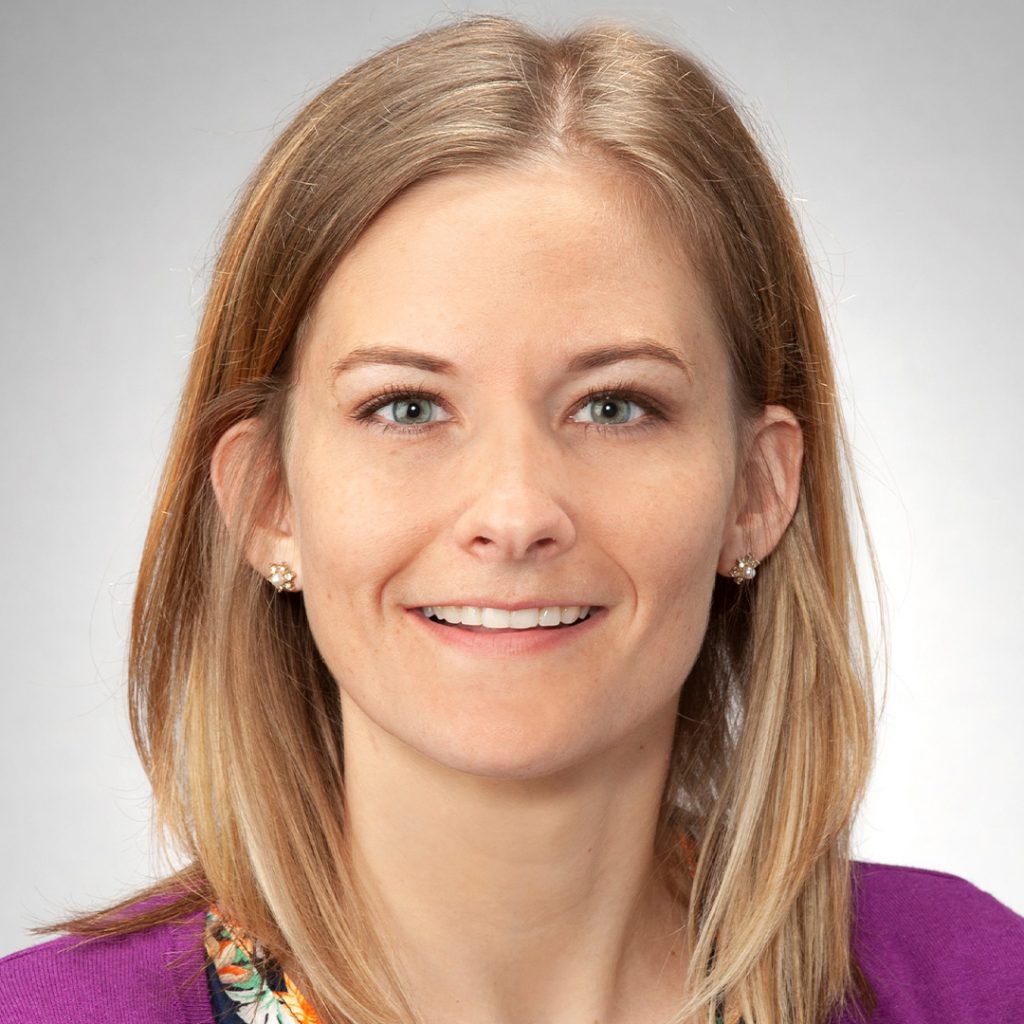Health Break: What’s happening now in telehealth

A podcast for UPMC Health Plan members, Health Break is your quick guide to caring for your mental and physical health, prioritizing wellness, and making the most of your health insurance plan.
Episode 15: Take a Health Break with Jeff Gala
Do you use telehealth as part of your health care? Jeff Gala takes a Health Break to give us an overview on telehealth and what it means for access to care, for saving money, and for the future.
Episode transcript:
Camille: Welcome to Health Break by UPMC Health Plan, your quick guide to health, wellness, and how to make the most of your health insurance plan. Listen during your coffee break, lunch break, or anytime you need a break. I’m your host, Dr. Camille Clarke-Smith. I help to oversee the quality of the plans we offer at UPMC Health Plan.
Alex: And I’m your co-host, Alex Treanor. I’m a senior health coach who works with our members on healthy lifestyle habits and goals. This is your… Health Break.
Camille: Hey everyone! Dr. Camille Clarke-Smith here. Today we’re chatting with Jeff Gala about the latest advances in telehealth.
So Jeff, to get us started, can you explain, what is telehealth?
Jeff: So telehealth is health care delivered digitally. That could include a telehealth visit with a provider. So if you have internet, a webcam, a microphone, you can meet virtually face to face with a provider without even being physically present with them. And, you know, with COVID-19 and all the things that have been happening in the last two years, we realize that even access to internet and webcams might be something that might be a barrier for some people, so telephone calls are now an acceptable form of care between providers and patients.
Camille: What are some examples of telehealth for UPMC Health Plan members?
Jeff: UPMC Health Plan members have a lot of great options in terms of telehealth. The first is MyUPMC. You can connect on the MyUPMC app with any doctor or hospital within the UPMC Health Plan system. So you can schedule appointments, you can chat and message doctor office staff and doctors. You can view your test results. You could do all kinds of great things on that app. And then we have another app called UPMC AnywhereCare, and there’s several different services on that app, but one of which is a virtual urgent care. So you have doctors on call 24/7, and you can go in there, click on the virtual urgent care practice, enter in some information, and meet with someone just like you would if you walked into an urgent care center.
We also have other things on the UPMC AnywhereCare app, such as a Children’s AnywhereCare practice. And that practice is actually staffed by Children’s Hospital of Pittsburgh ER physicians. For one thing—for me, I’m a dad of two little girls, so I have a 3-year-old and I have a 1-year-old. And when she was younger, my wife and I, it was the middle of the night, we wanted a doctor to get eyes on something because we were unsure. Should we go to the ER, should we not? What do we do with our oldest? Do we get childcare? What if we can’t? We have to pack toys and snacks. And what if the healthy one gets sick because we’re in the waiting room? And, you know, there’s all kinds of things that you don’t really want to think about when you’re trying to take care of your kid.
And I thought, well, we have Children’s AnywhereCare on the UPMC AnywhereCare app. So I went into the app, I started a visit with the Children’s ER physician from that practice and they got eyes on my little girl. They said, you’re right to be concerned, but this is nothing emergent. So obviously, Mom and I, our worries are eased. We were told what to look out for. And then, you know, if XYZ happens, follow up with your pediatrician. So right there is a perfect example of how telehealth can really stand in that gap of helping parents and really anyone make the next decision that they need to make in their health care. Also, UPMC Health Plan members have access to [the] UPMC MyHealth 24/7 Nurse Line so you can actually call a nurse 24/7. You don’t need a webcam. You don’t need internet or anything. It’s just calling on a telephone and speak[ing] to them at any point if you need any advice or direction on what to do next.
Camille: Are there other ways that telehealth can be helpful or useful?
Jeff: In our digital age, we have so many conveniences afforded to us through our phone, through our apps. Telehealth is now one more thing that you can really take advantage of. It can improve your access to care. Think about having to travel to doctors’ offices, or if you want to get a specialist’s second opinion but they live three hours away, or they’re on the other side of the country. Telehealth now opens up doors and access like never before. You could also avoid long wait times. You can receive care faster. You’re also protecting yourself and protect others, minimizing the amount of spread when you get a bunch of sick people together. You don’t have to, to my previous example, you don’t have to figure out childcare or parking or transportation—all those things. It really helps you focus on just getting the care that you need—from anywhere, anytime you need it.
Camille: Can you tell us about what’s happening now in telehealth and what’s changing in the future?
Jeff: Yeah, so telehealth used to be, and still is a little bit, very episodic. What that means is you don’t really think about it or use it until you need it. And then when you use it, you’re done with it. And really where it’s going (and there’s a lot of big changes being made in this space, a lot of innovation, a lot of creativity), is making telehealth rather than episodic being something that is ongoing in a patient or person’s health care journey. So instead of, you know, think about being discharged from the hospital. You would either be told to follow up with a specialist or follow up with your PCP, or you would have home care scheduled to come to your house. And, you know, there’s always this waiting period. And, really, if you think about telehealth being that tool that can put worries to ease in that waiting period, you can be more engaged with your doctors and with your health care team. So it’s moving more into expected. I expect this of my health care. I expect to have this option.
Another thing UPMC Health Plan did was we created a [UPMC] VirtualCare plan, and launched that January of 2022. And it, it puts the choice in the health plan member’s hand. You can start a virtual, you can start to get medical care virtually—and then the doctor, your virtual PCP, can then help you assess what you need to do as far as next steps, whether you schedule a face-to-face visit with your PCP, or you go to have tests or whatever the case may be. It’s becoming a really popular plan and a popular option. Telehealth is just becoming a normal part and expectation of everyday life.
Camille: Thank you so much, Jeff, for taking a Health Break with us today.
Jeff: Thanks, my pleasure.
Camille: Keep these telehealth options in mind for your next doctor visit, or anytime you might need nonemergency care.
Find show notes and more information at upmchealthplan.com/podcast. Join us as we explore other health and wellness topics in the next episode of Health Break.
This podcast is for informational and educational purposes. It is not medical care or advice. Individuals in need of medical care should consult their personal care provider. Views and opinions expressed by the hosts and guests are solely their own and do not necessarily reflect those of UPMC Health Plan and its employees.
Related to this episode:
- Access UPMC AnywhereCare.*
- Contact the UPMC MyHealth 24/7 Nurse Line by calling 1-866-918-1591 or logging in to MyHealth OnLine.
About Jeff Gala:

Jeff Gala is a senior digital product manager on the Telehealth Strategy and Solutions team at UPMC Health Plan. With over 16 years of experience in health insurance and technology, he understands the importance of building processes and products that connect seamlessly to our lives. He and the UPMC AnywhereCare team are constantly seeking ways to connect people with the care they need to live healthy lives.
About Dr. Camille Clarke-Smith:

Camille Clarke-Smith, EdD, is a program director in the Quality Improvement, Medicare Stars Department at UPMC Health Plan, where she leads the Medicare Faith and Wellness Program, a 3- to 12-week health and wellness challenge. She is also the founder of the nonprofit Transforming the Health of African American Women (THAW) Inc. She earned a doctorate in health and physical activity education from the University of Pittsburgh in addition to a master’s in exercise science and a bachelor’s in psychology and sociology. She is currently pursuing her master’s degree in social work at Carlow University.
About Alex Treanor:

Alex Treanor is a lead health coach at UPMC Health Plan. As a lifestyle health coach, she specializes in helping you lose weight, eat healthy, get more physical activity, be less stressed, and quit tobacco. Alex has a master’s in Kinesiology, Integrative Wellness from Point Loma Nazarene University. She has been coaching since 2014 and is a Nationally Board Certified Health & Wellness Coach and Certified Personal Trainer. Alex is passionate about helping people improve their relationship with food and exercise while creating healthy, sustainable routines filled with enjoyment. Alex enjoys spending time with her husband, walking with her dog, and eating tacos in the sunshine.
*Members who are in Pennsylvania at the time of a virtual visit may select a UPMC-employed provider, subject to availability and discretion of the provider. Members located outside of Pennsylvania at the time of service or those who select Talk Therapy or Psychiatry services will receive care from a provider employed or contracted by Online Care Network II PC (OCN), also known as Amwell Medical Group. It is at the discretion of OCN providers to choose whether to treat patients ages 0 to 2. OCN is not an affiliate of UPMC. Limitations may apply for members of ASO plans who have opted out of coverage. Talk Therapy or Psychiatry services through AnywhereCare are not covered services for UPMC Community HealthChoices participants, UPMC for You members, or UPMC for Kids members. UPMC Children’s AnywhereCare is not available outside of Pennsylvania. If a member is under the age of 18, the member’s parent or legal guardian must be with the member during the video portion of the visit, and the child and parent or legal guardian must be in Pennsylvania during the visit. Providers are not available to treat members who are in Puerto Rico.



